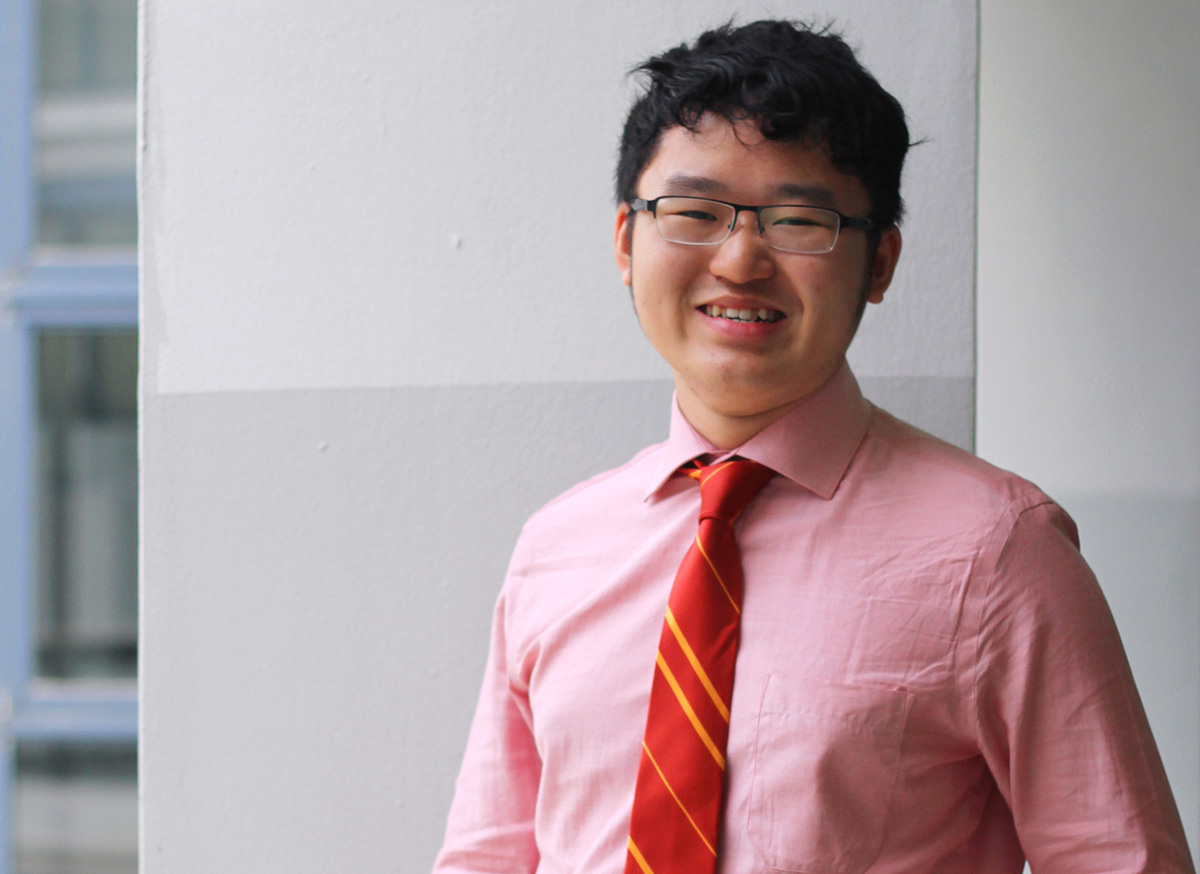When he was 14, Goi Jia Jian faced a phishing scam on the online role-playing game, RuneScape.
His account was hacked and all his hard-earned winnings were stolen.
He was furious and devastated.
Not wanting to fall victim to such a scam again, he wanted to learn how to prevent such scams from happening to others. He searched online for ways to prevent phishing scams.
“I spent hours reading up about programming on the Internet and I found it very interesting,” said Mr Goi, who is now 20.
“My Computer Studies subject in secondary school also sparked my interest to learn more about computer programming.”
He went on to pursue a Diploma in Information Technology in Temasek Polytechnic (TP) and will graduate next month.
“I feel more confident now that I have knowledge in how the systems actually work and knowing what flaws a system shouldn’t have,” he said.
Mr Goi even shone on the world stage. In July last year, along with two other course-mates, he almost topped the Microsoft Imagine Cup Competition, a global technology contest for students on ideas that can impact the world.
BRIGHT FUTURE
The team came in second, beating 10 of the other 11 teams in the world citizenship category of the contest in Seattle, Washington.
They won US$10,000 (S$14,000 at the time) for their idea, Mozter – an automated mosquito surveillance platform that uses a sensor to detect and analyse the different types of mosquitoes.
“It was very unexpected because the competition was very intense and the other teams had very good ideas as well,” said Mr Goi.
He hopes to become a software engineer at a tech company like Google, Microsoft, Twitter or Facebook.
He will be among only three recipients of the Lee Kuan Yew award from TP on May 6.

This article was first published on April 27, 2016.
Get The New Paper for more stories.






